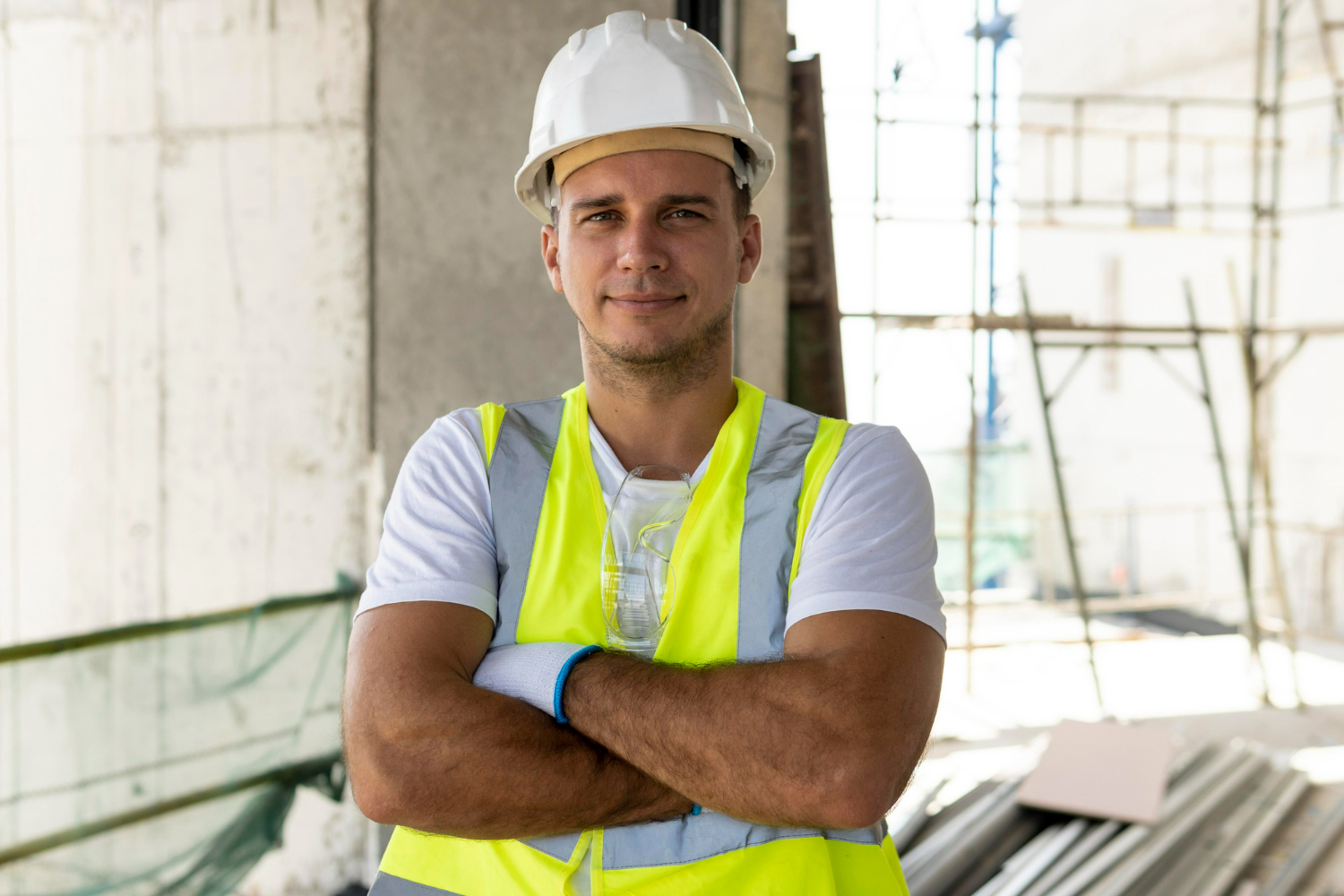With the uncertainty of the housing market, fewer people are moving than before, and there’s never been a better time to improve your existing home. Research found that a third of UK homeowners are delaying moving house due to rising mortgage rates – instead choosing to extend, renovate, or generally improve their existing home. But with stories about builds gone wrong and nightmare renovations, it’s easy to be put off.
MyBuilder.com, the reliable way to find tradespeople, has put together guidance on the important questions to ask a builder, before they commence any work at your home.
Andy Simms, building expert from MyBuilder.com, said: “Extending or renovating your home can be stressful. Sometimes there are unavoidable challenges which can creep up on you in a build project, but other times, a bit more planning and communication at the beginning can save you some serious headaches – not to mention time and money.”
Here are Andy’s top tips for questions to ask your builder before they start a renovation or extension project.
1. What experience do you have for this kind of project?
Finding out if they have done this type of work before is essential. Some projects are complex so it’s better to hire someone who is an expert and really understands the requirements of the job. For example, basement conversion or loft conversions can require additional work with party wall surveyors. Having a specific expert for these projects can eliminate stress or delays.
2. Are you accredited?
Membership of a trade body is not a guarantee of the quality of work, but it is a good way to check the reliability of your potential builder, and for some types of tradespeople it is essential. Tradespeople on MyBuilder are subject to continuous vetting by consumers through our trusted feedback system – here’s some more information on what to check.
3. Do you have references and reviews?
Finding a builder through a platform such as MyBuilder.com will allow you to see the rating and reviews of previous jobs completed by the builder, as well as pictures of previous work. This is essential when hiring any trade expert – and most tradespeople will be able to provide you with references from previous customers, if you ask.
4. Is your price a quote or an estimate?
This can be a tricky one – is the price for the end job or is it a rough estimate? The quote might also be based on how long the job takes. You probably also want to avoid paying a day rate, as that leaves you open to extra costs if the job overruns. Something I must point out is ALL quotes should be confirmed in writing. Ideally you’d have a full breakdown of costs for your project. At the moment there can be a large change in costs for the raw materials, so some builders’ quotes are only valid for a short period of time. Steel and wood prices have increased dramatically since Covid, so if you have priced up a similar job before, expect a new quote to be significantly more. We’d also advise to get quotes from at least three tradespeople, if possible. This will allow you to identify if any are extremely low or high.
5. Do you have insurance cover?
All accredited builders should have the relevant insurance cover such as public liability insurance and employer’s liability insurance, in case of any damage or issues during the build. We do not advise hiring a builder without the relevant insurance.
6. Do you offer a guarantee of your work?
It’s always good to know what guarantees builders offer in case of any issues after the job is finished. Try to get this made official via paperwork or email; it’s something that most tradespeople should be willing to provide if it isn’t automatically offered. Tradespeople will often offer guarantees on their work and/or materials. If they don’t, you should consider confirming which potential defects they’d return to fix and if there’s going to be any cost for this. You should also agree on an appropriate length of time for this offer to stand.
7. What are your payment terms?
It’s important to know how builder’s want to be paid and whether it can be paid in full after completion or in instalments. Also check whether any deposits are required. Deposits can make some people uneasy, and it’s always worth discussing with your tradesperson what you are paying, and when.
8. When can you start?
Builders often have a waiting list so it’s good to know when they can start the job. Try to get a definitive date booked in and hope they can stick to it. Project time periods can move and usually do, be prepared to start early or finish late. It’s good to know timings of a project, for example if you’re renovating a kitchen, how long will you be without an oven or sink, likewise a bathroom, how long without a toilet or shower?
9. How do you take your tea?
It is important to build a good relationship with your builder as they may be at your house for a long time. A good starting point is to find out how they like their tea and any other relevant information about them. Being able to maintain good communication throughout the project is essential. You don’t need to become best friends, but you should be able to have a professional relationship and feel comfortable speaking openly about any concerns that may arise, and dealing with any issues.
If you need help or advice on costs to build a home extension, see https://www.mybuilder.com/pricing-guides/house-extension-costs.
